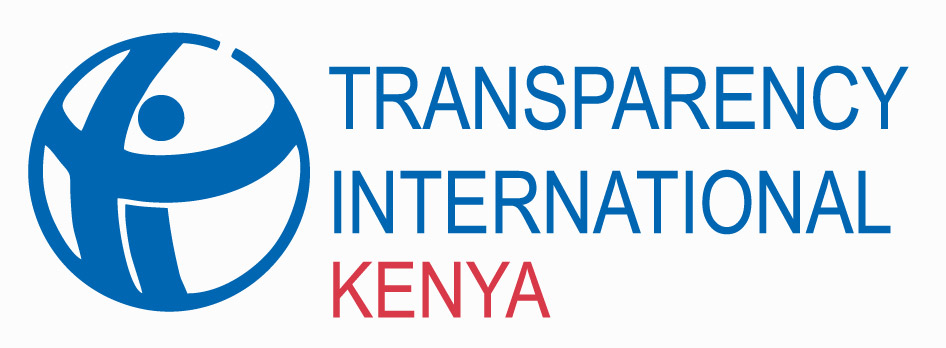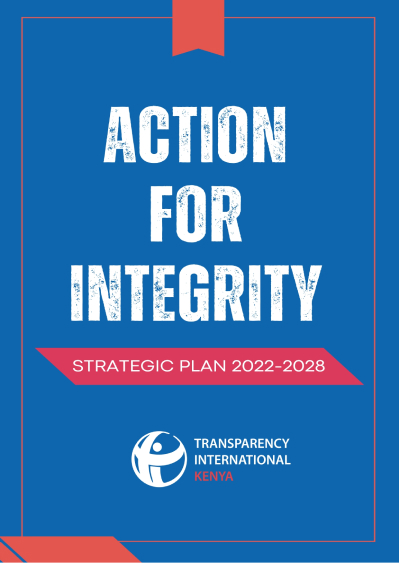The August 2017 Elections offered an opportunity to challenge the re-election of leaders who had fallen short of the ethical standards for our leadership as articulated in the Constitution of Kenya. Launched in the lead up to the elections, the 90-day Red Card campaign was initiated by four Kenyan run civic organisations namely; the Transparency International Kenya, Society for International Development/Chapter One Kenya, Mzalendo Trust and Ni Sisi Trust. The organisations worked under the auspices of the National Integrity Alliance (NIA).
At stake in these polls was the public credibility of the elections and the danger of returning back to public office, individuals who had been named adversely by statutory agencies or prosecuted for economic crimes, abuse of office or corruption.
The campaign was innovative and bold, and demonstrated the impact of collective action in the public interest. It took a “speaking truth to power” approach by publicly naming very powerful names in Kenya’s political class. 20 individuals were listed as unfit to vie for public office based on the tenets of Chapter Six of the Constitution on Leadership and Integrity. The list, popularly known as the #RedCard20 was based on solid documentation based on reports in the public domain namely the Auditor General’s and Parliamentary reports. The release of the #Redcard20 energised a national public debate, and gave courage to our elections and anti-corruption commissions to make leadership integrity an electoral public interest for the first time in Kenya’s history. TI-Kenya and its partners under the NIA backed this public debate with private lobbying meetings with key duty-bearers.
The campaign started by engaging the leaders of political parties to deny nomination certificates to aspirants with a track record of misuse of public finances and resources. NIA also pressed IEBC not to clear the same aspirants. After meeting with EACC, the Commission released a list of 106 individuals that should not be allowed to run in the elections due to integrity questions. All the 20 names in #RedCard20 were included in EACC list.
The NIA team also met and explained the objectives of the campaign to the leadership of the Muslim, Christian and Hindu religious communities who then championed the issue of integrity.
IEBC declined to deny certificates to aspirants unless they had been convicted and exhausted all appeal avenues. NIA protested at this narrow legal interpretation citing Chapter Six of the Constitution that states that an ethical standard is sufficient to have a leader step down or be denied office.
“The campaign was innovative and bold, and demonstrated the impact of collective action in the public interest.”
The campaign then approached a prominent legal firm to support the Kenyan National Commission for Human Rights to seek a Supreme Court advisory on the matter. This is petition is before the Supreme Court.
Following the campaign, at least three copy-cat actions were taken independently by citizens in three counties of Bungoma, Vihiga and Murang’a. The red card was independently used by citizens in public rallies to challenge candidates on their integrity record. For the first time in Kenya’s history, IEBC denied clearance to a gubernatorial candidate in Mombasa on grounds of integrity. One of the political parties, turned down two aspirants on the same grounds. Eight of the Red Carded individuals, despite getting clearance to vie, were not elected back to office.
No less than fifty opinion pieces, print commentaries and radio and television programmes were inspired by the campaign. Bloggers, politicians, media houses, religious leaders and trade union leadership spoke independently to press citizens to elect leaders that were fit to hold public office. NIA opinions, videos and commentaries were repeatedly sought by the leading media houses and some citizens wrote expressing solidarity.
The Red Card Campaign was awarded the Public Relations Society of Kenya Public Affairs Campaign of the Year Award in 2017. In 2018, it scooped the continental Gold SABRE Awards for Public Relations Campaigns – Geographical Category, winning the Eastern Africa Award and the Public Relations Campaigns – Public Affairs/Government Relations, a demonstration of the impact it had



One Response
Stop the violence